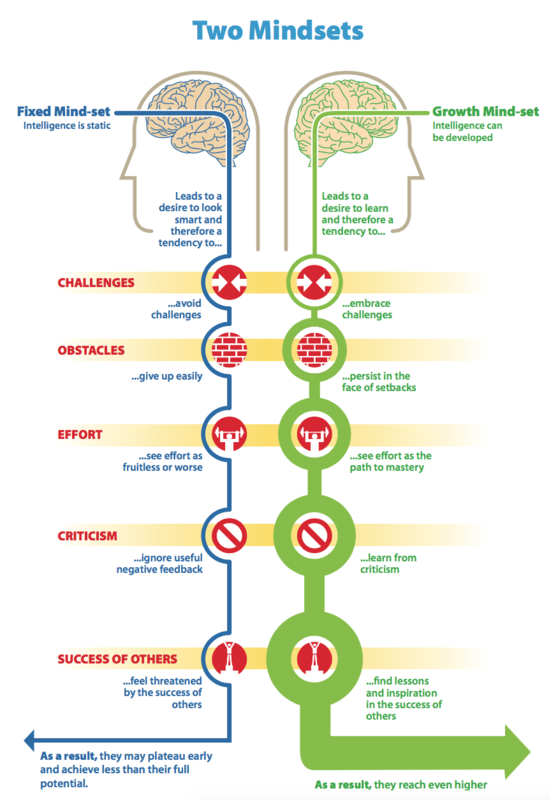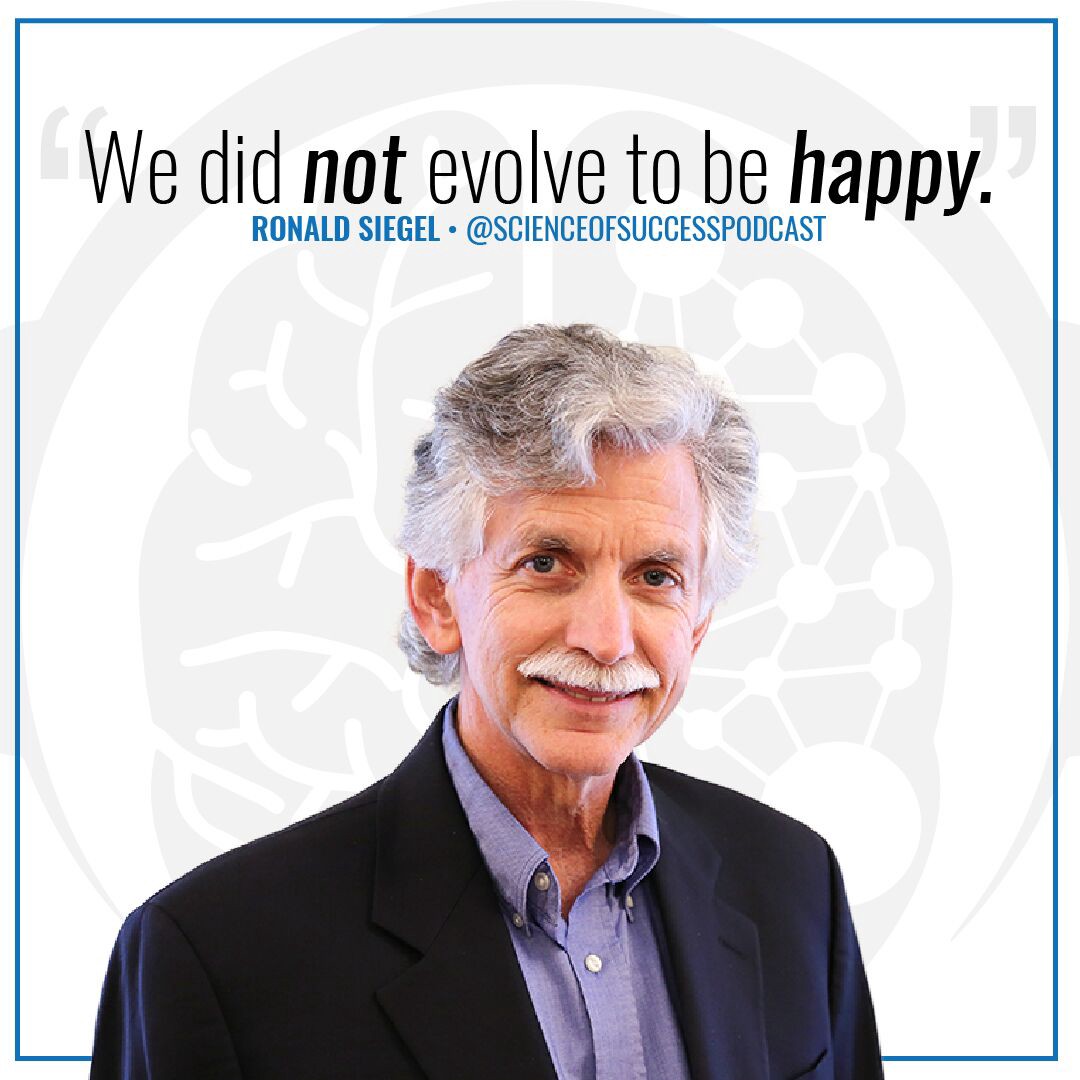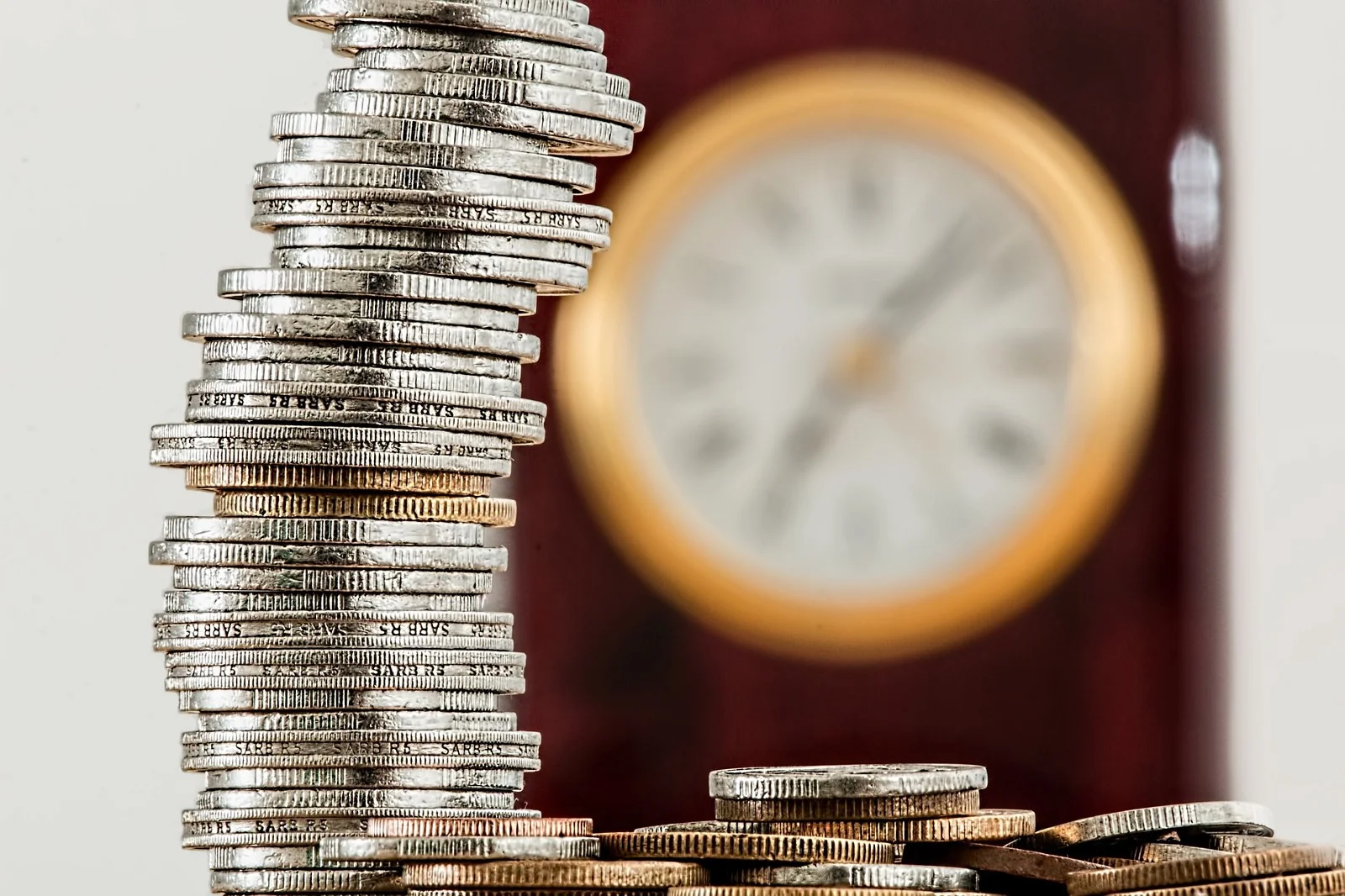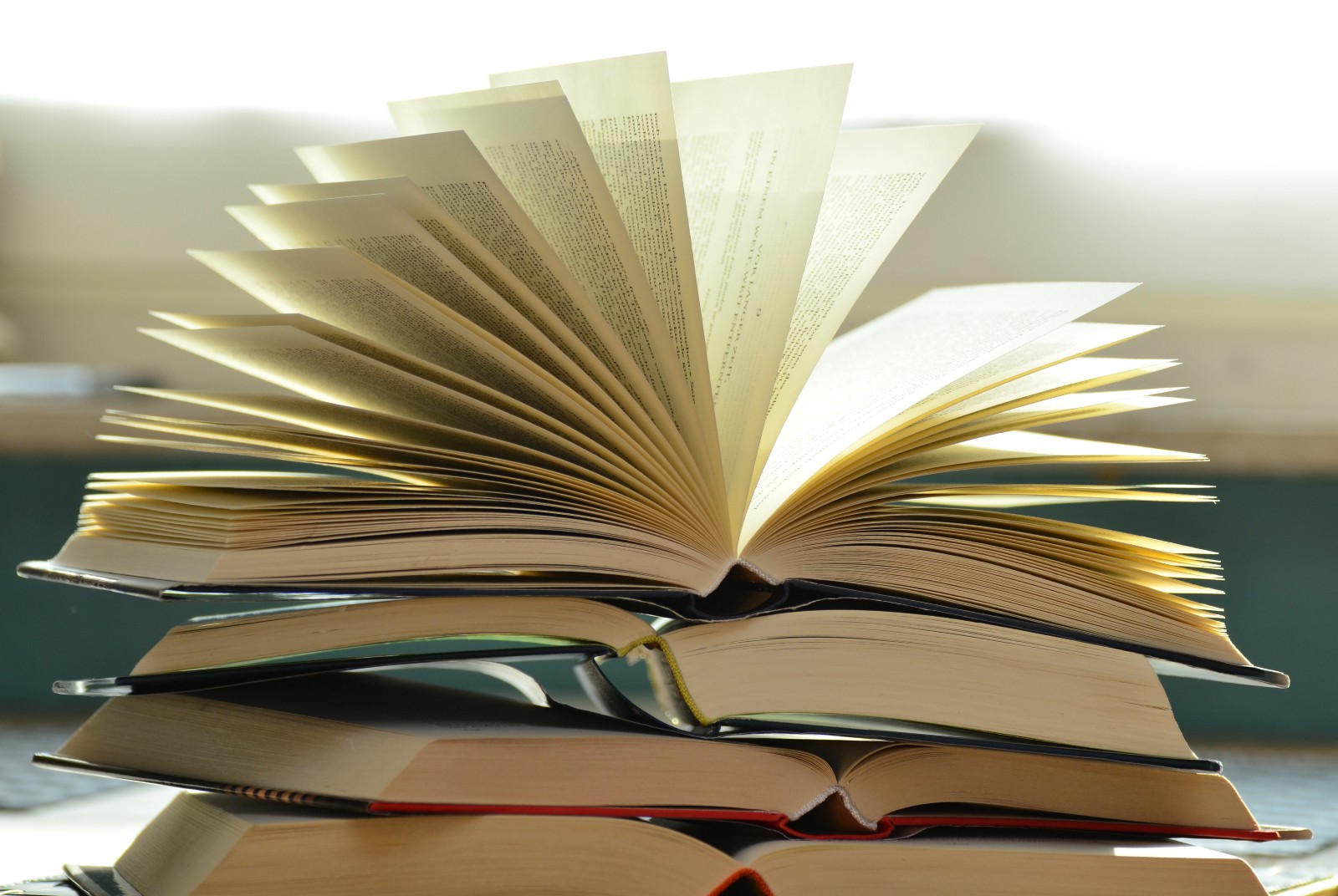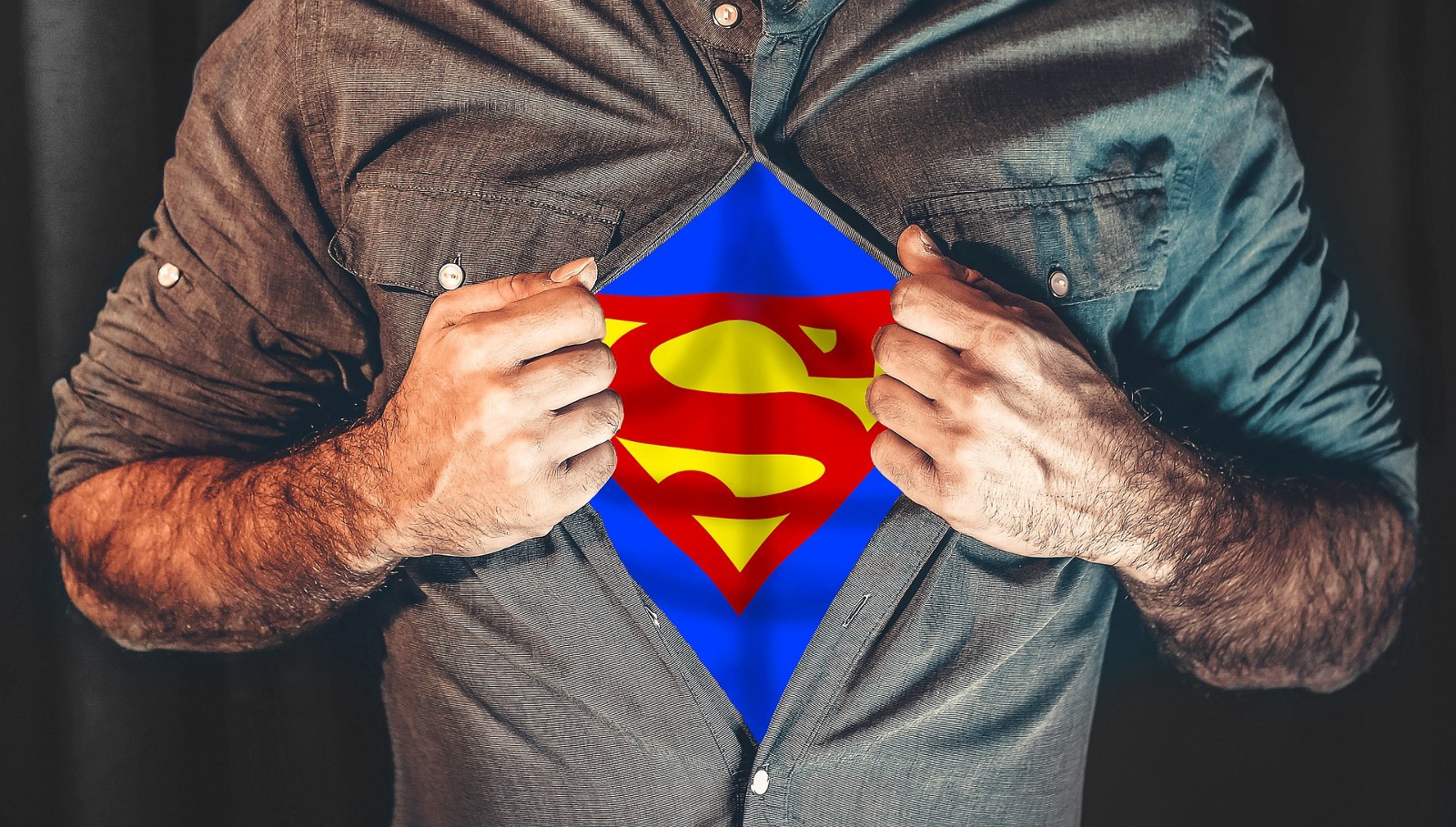The Secret Weapon of The 21st Century
In my conversations with some of the world’s top experts I kept hearing this one idea come up again and again.
It seemed as if almost every guest I interviewed on The Science of Successkept bringing up the same key skill necessary for success in today’s world.
That skill is self awareness.
In fact, I kept hearing self awareness crop up so frequently in my interviews with experts, neuroscientists, and psychologists that I sought out a leading research psychologist who specializes in self awareness — Dr. Tasha Eurich.
She called self awareness “The Secret Weapon of the 21st Century.”
Self awareness underpins nearly every other skill. If you’re self aware, you can grow, improve, learn, and get better. If you’re not, you usually plateau and end up stuck.
Here’s how Dr. Eurich puts it:
“The reason self awareness is the meta-skill is basically our self-awareness sets the upper limit for so many of the skills that we need to be successful in the world right now. Things like communication skills, influence, emotional intelligence, collaboration. We can only be as good at each of those things as we are self-aware. The other thing I call it sometimes is the secret weapon of the 21st-century. So many people think they’re self-aware, but they actually aren’t. So people that work on it are the ones that really I’ve seen reap the rewards time and time again.” — Dr. Tasha Eurich
Are You Self Aware?
According to Dr. Eurich’s research — 95% of people think they are self aware, but only 10–15% of people actually are.
That’s pretty scary stuff. The even crazier thing is that those who have the least self knowledge are often the least aware of it.
The good news is that research also shows that self awareness is an “infinitely learnable skill” according to Dr. Eurich.
So what happen when you don’t have self awareness?
- You don’t see yourself objectively.
- You don’t understand your own strengths, and much more importantly your own weaknesses.
- You aren’t aware of your own cognitive biases.
- You aren’t aware of the thought patterns and mental addictions that prevent you from achieving what you want.
- Deluding yourself.
- You reject criticism and feedback because you don’t like it
- You reject ideas because you don’t like them.
- You make blame and excuses for your failures instead of taking responsibility for them
- You don’t know your own limiting beliefs.
- You don’t recognize patterns of self sabotage that repeatedly manifest in your life.
Developing Self Awareness
You have to know your own strengths and weaknesses.
Ray Dalio, the billionaire founder of the hedge fund Bridgewater, created an incredible book called Principles that teaches the philosophy of how he views the world. Self knowledge and the search for objective truth are the core ideas of his work. For some bonus points you can also view his TED Talk here.
Here’s a sample:
“Let’s imagine that your goal is to have a winning basketball team. Wouldn’t it be silly to put yourself in a position that you don’t play well?If you did, you wouldn’t get what you want. Whatever your goals are, achieving them works the same way. If you see that you are not capable of doing something, it is only sensible for you to have someone else do it. In other words, you should look down at you and all the other resources at your disposal and create a “machine” to achieve your goals, remembering that you don’t necessarily need to do anything other than to design and manage the machine to get what you want.
If you find that you can’t do something well, fire yourself and get a good replacement! You shouldn’t be upset that you found out that you are bad at that — you should be happy because you have improved your chances of getting what you want. If you are disappointed because you can’t be the best person to do everything, you are terribly naïve because nobody can do everything well. The biggest mistake most people make is to not see themselves and others objectively.” — Ray Dalio
Accepting When You Make Mistakes
We’ve heard it from a billionaire, now let’s see what a research psychologist who’s studied tens of thousands of people has to say. Here’s a paraphrased passage from one of my favorite books of all time — Mindset by Carol Dweck.
“Instead of trying to learn from and repair their failures, people with a fixed mindset simply try to repair their self esteem…by assigning blame or making excuses…You can still be in the process of learning from your mistakes until you deny making them.” — Carol Dweck in Mindset
That last line is extremely important. The only way to learn from your mistakes is to actually accept that you made them. To be self aware enough to say “yeah, I screwed up” and to take responsibility for it.
Without self knowledge, you are constantly ignoring feedback from reality. Carol Dweck explains this further in a recent interview.
“If you’re looking to repair your self-esteem, maybe you’re looking for people who did worse, maybe you’re looking to place the blame, maybe you’re looking to deny the failure, in any of those cases, you’re not going to be better off going forward.
Neuroscience research shows that when people are in a fixed mindset, the part of their brain that processes errors is hardly active. They are just turning away from that error as quickly as possible. As a result, they’re not correcting the error at the next opportunity as much as people in a growth mindset.
In a growth mindset, that area of the brain is on fire, it’s just super active, they’re looking at the error, they’re processing it, they’re learning from it and they’re correcting it.” — Carol Dweck
The resounding lesson taught by everyone from Navy Seals to ancient stoic philosophers is clear — take responsibility for your own mistakes — be self aware that you screwed up and own it — that’s the only way to create a learning opportunity.
Tools To Build Self Awareness
So what can you do to improve your self awareness?
Here are a few simple evidence based strategies you can use starting right now.
- Meditate. Yeah, everyone says meditation. That’s because there is a ton of science about how it really does work. One of the first things meditation teaches you is how to be aware of your own thoughts and biases. That’s a key step in the journey of self awareness and self knowledge. This podcast “The Skeptic’s Guide To Meditation” is a great place to start.
- Develop a Growth Mindset. Carol Dweck touched on this earlier — and goes much more in depth in this interview as well as in her book. Developing a growth mindset gives you permission to look at your own mistakes and shortfalls without ego or defensiveness getting in the way. A growth mindset gives you the ability to objectively judge your own abilities. This is a cornerstone of self knowledge.
- Journal. Journalling helps put thoughts on paper, clear up your thinking,develop self awareness, and lets your return later to assess your thought process.
- Read up on rationality and cognitive biases. Check out people like Charlie Munger who speak about mental models and cognitive biases so you can learn to spot them in your own thinking.
- Check out this interview with Dr. Eurich to learn more. She’s an expert in self awareness after all. Listen to that episode, check out some of her work, and learn the strategies she recommends for becoming more self awareness.
So there you go — this is the first step on the journey towards rationality and clear thinking — start developing your self awareness!
If you enjoyed this…
I study strategies for evidence based growth. Sign up below to get a TON of specific books, resources, and recommendations on being happy and successful.



